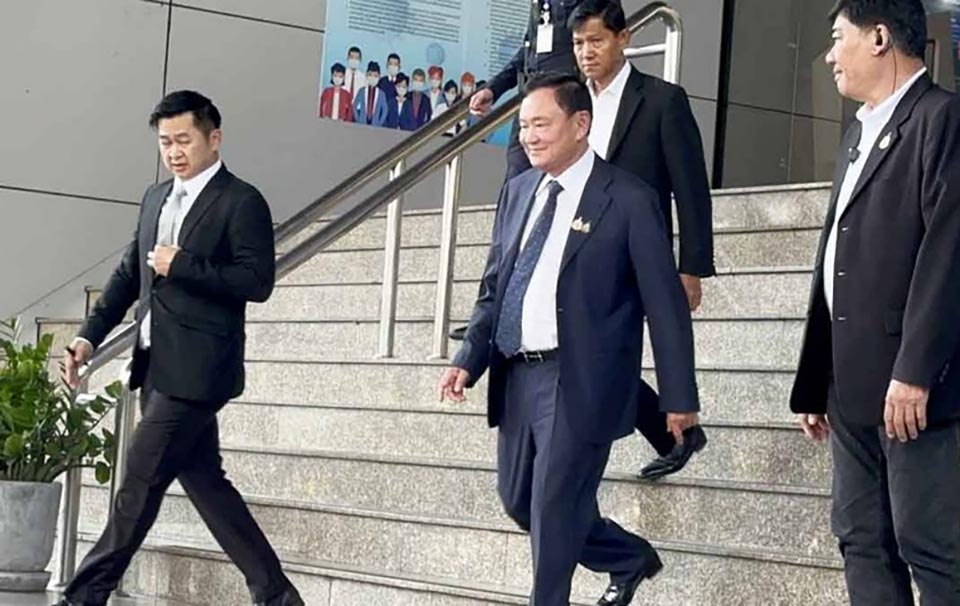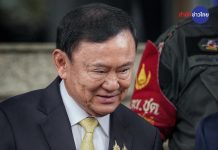
BANGKOK, Thailand – The court has officially rejected former Prime Minister Thaksin Shinawatra’s request to travel abroad to Qatar, where he was invited in his role as the Chairman of the ASEAN Advisory Group. The petition, filed by Thaksin’s lawyer, Winyat Chartmongkol, sought permission for Thaksin to travel to Qatar to attend an event linked to ASEAN-related activities and to meet with key international figures, including potential discussions with U.S. President Donald Trump.
Thaksin, currently facing legal challenges under the Thai criminal code, had expressed that his trip was not for personal leisure but rather a professional mission to offer his expertise for the benefit of Thailand, the region, and the international community. His defense emphasized that the purpose of the trip was to contribute to national interests, highlighting his deep concern for the country’s economic and diplomatic relations, especially in light of international trade policies.
However, the court, after reviewing the request, determined that the invitation was personal in nature and lacked a clear, structured itinerary. The court also noted that the trip was scheduled for mid-June, very close to Thaksin’s upcoming Supreme Court hearing on June 13. Given the proximity to the critical legal proceedings, the court concluded that allowing Thaksin to leave the country could potentially disrupt the trial process.
The decision to deny the request was based on concerns that the timing of the trip could interfere with the ongoing legal proceedings, as the case at hand is one of national interest. Thaksin’s legal team, while expressing disappointment with the ruling, acknowledged the court’s reasoning and stated they would respect the court’s decision.
This ruling has further intensified public debate surrounding Thaksin’s legal battles and the broader political implications, with many questioning the balance between national duty and personal legal matters. (TNA)










